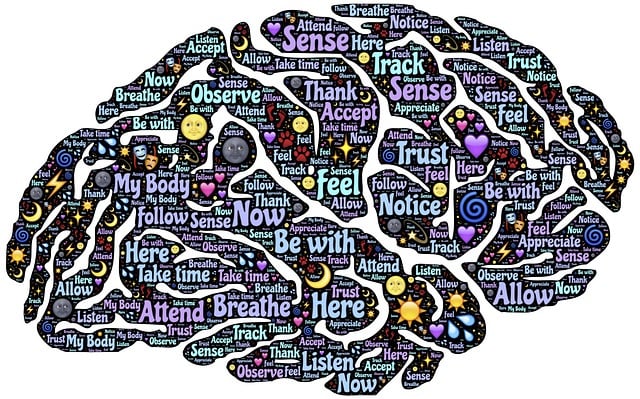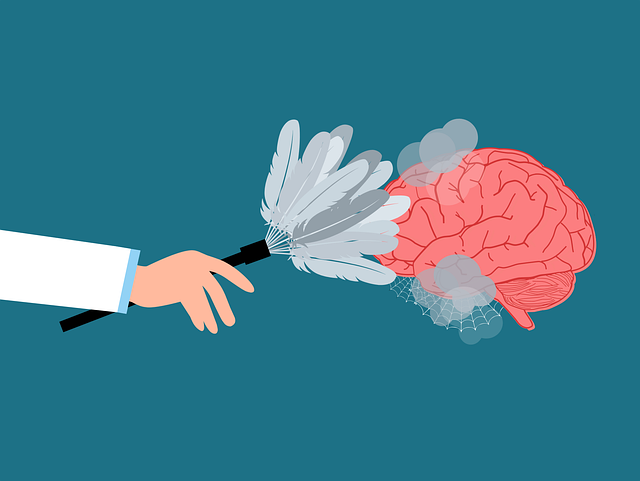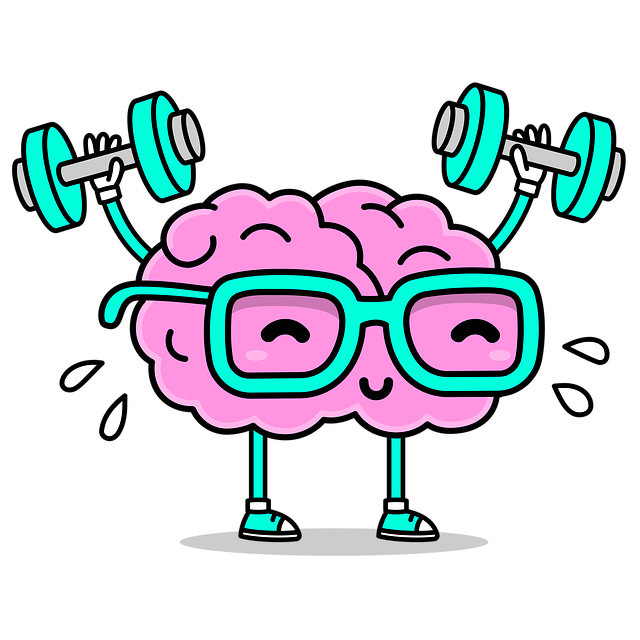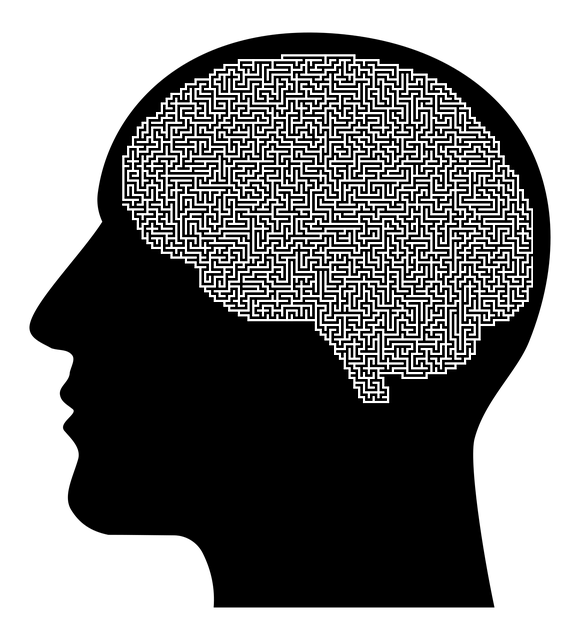Denver Mental Health Evaluations face challenges due to subjectivity and limited data, leading to potential misdiagnoses. To improve accuracy and effectiveness, innovative practices like compassion cultivation and risk management planning are recommended for professionals. Technological advancements, such as AI-driven algorithms and digital screening platforms, offer deeper insights and support personalized treatment plans. Enhanced training programs, clinical supervision, and community outreach programs improve therapist skills in recognizing subtle symptoms and cultural nuances. Patient-centered approaches, including open communication and evidence-based practices, empower individuals to manage their mental health more effectively.
In the heart of Denver’s vibrant landscape, mental health diagnoses play a crucial role in shaping lives. However, understanding the current state reveals challenges in accuracy, often attributed to subjective assessments and limited tools. This article explores efforts to enhance mental illness diagnosis accuracy through advanced assessment techniques, improved therapist training, clinical supervision, and patient-centered approaches. By delving into these strategies, we aim to revolutionize Denver mental health evaluations and therapy, ensuring more effective treatment planning.
- Understanding the Current State of Mental Health Diagnoses
- The Role of Advanced Assessment Tools and Techniques
- Enhancing Therapist Training and Clinical Supervision
- Patient-Centered Approaches for Accurate Diagnosis and Treatment Planning
Understanding the Current State of Mental Health Diagnoses

The current state of mental health diagnoses is a complex and evolving landscape, with various challenges impacting accuracy and effectiveness. In Denver, as in many parts of the world, mental health evaluations often rely on standardized tools and interviews, but these methods are not foolproof. The subjectivity involved in diagnosis can lead to misdiagnoses or overlooked symptoms, especially when cultural nuances or comorbid conditions are not adequately considered. For instance, what may present as anxiety in one individual could be a symptom of trauma or another underlying condition in someone else, underscoring the need for comprehensive and tailored assessments.
Denver mental health evaluations can benefit from integrating innovative practices like compassion cultivation techniques and risk management planning for professionals. These strategies not only enhance therapist-client relationships but also provide additional data points for accurate diagnosis. Anxiety relief through mindfulness and other compassionate approaches can offer insights into an individual’s emotional responses, while risk management planning ensures that therapists are equipped to handle potential crises, improving both safety and diagnostic clarity.
The Role of Advanced Assessment Tools and Techniques

The advancements in technology and research have significantly contributed to enhancing mental health evaluation processes, leading to more accurate diagnoses. Advanced assessment tools, such as digital screening platforms and sophisticated data analytics, play a pivotal role in this evolution. These innovative methods enable healthcare professionals to gather comprehensive insights into an individual’s psychological state, behavior patterns, and risk factors, thereby improving diagnostic accuracy. For instance, AI-driven algorithms can analyze vast amounts of patient data, including medical history, symptoms, and even social media activity, to provide valuable predictive models for various mental health conditions.
Integrating these advanced assessment tools alongside traditional methods like Denver Mental Health Evaluations and therapy sessions empowers healthcare providers with a multi-faceted approach. By combining quantitative data analysis with qualitative assessments, professionals can better understand complex psychological scenarios. This integration also facilitates personalized treatment plans, as it allows for the early identification of specific mental health needs. Furthermore, focusing on self-care routine development for better mental health and implementing burnout prevention strategies for healthcare providers are essential components of this improved assessment framework, ensuring a holistic and sustainable approach to patient care.
Enhancing Therapist Training and Clinical Supervision

Improving mental health evaluation accuracy requires a multifaceted approach, and enhancing therapist training is a key component. In Denver, where mental health services are in high demand, therapists undergo rigorous training programs that focus on not just technical skills but also empathy-building strategies. These sessions equip professionals with advanced techniques to gather comprehensive patient histories, recognize subtle symptoms, and interpret complex behaviors. By fostering a deeper understanding of various mental health conditions, therapists can make more accurate diagnoses, ensuring personalized and effective treatment plans for each individual.
Clinical supervision plays a pivotal role in this process, providing ongoing support and guidance. Experienced supervisors offer valuable insights during regular check-ins, reviewing Denver Mental Health Evaluations Therapy cases and discussing challenging scenarios. This collaborative approach boosts therapist confidence and enables them to navigate complex situations with greater skill. Through community outreach program implementation, therapists also gain exposure to diverse populations, enhancing their cultural sensitivity and improving overall diagnostic accuracy.
Patient-Centered Approaches for Accurate Diagnosis and Treatment Planning

In recent years, there’s been a growing emphasis on patient-centered approaches to mental health evaluations and therapy in Denver, aiming to improve diagnosis accuracy. This means that treatment plans are tailored to each individual’s unique needs, experiences, and preferences. By involving patients actively in their care journey, healthcare professionals can gain deeper insights into their symptoms, personal goals, and fears, leading to more accurate diagnoses and effective treatment strategies.
Such patient-focused methods often include open communication channels, collaborative goal setting, and the integration of evidence-based practices. For instance, a Mental Wellness Podcast Series Production might be utilized to educate patients on various aspects of mental health, foster community support, and promote self-care strategies. Additionally, Conflict Resolution Techniques and Mood Management skills are increasingly taught to empower individuals in managing their symptoms and navigating challenges more effectively.
Mental illness diagnosis accuracy has long been a concern in the field of Denver mental health evaluations and therapy. By leveraging advanced assessment tools, enhancing therapist training, and adopting patient-centered approaches, we can significantly improve diagnostic rigor. These efforts not only lead to more effective treatment planning but also ensure that individuals receive the appropriate care they need. Advanced techniques, combined with continuous professional development and a focus on patient experiences, are key to advancing mental health services in Denver and beyond.














